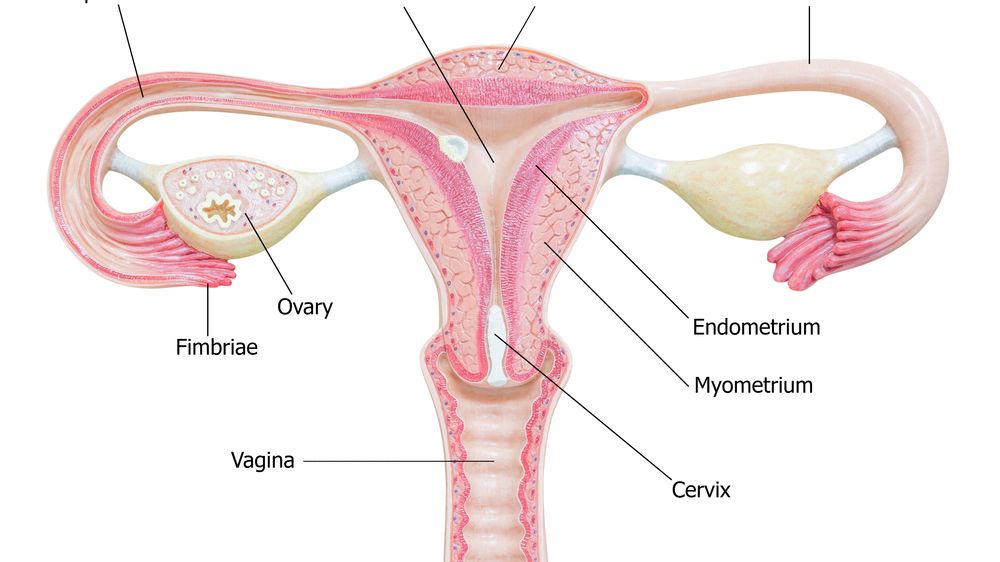What are Ovaries?

Symptoms of Ovarian Problems
Ovarian issues may often go unnoticed in early stages, but common symptoms can include:
- Pelvic or abdominal pain
- Bloating or swelling in the abdomen
- Irregular menstrual cycles
- Pain during intercourse
- Frequent or urgent urination
- Difficulty eating or feeling full quickly
- Unexplained weight changes
- Hormonal imbalances causing acne, excessive hair growth, or hair thinning
If you experience these symptoms persistently, consult your gynecologist for evaluation.
Procedures or Treatments Related to Ovaries
- Ovarian Cyst Removal (Cystectomy)
Removes cysts while preserving the ovary, usually performed laparoscopically. - Oophorectomy
Surgical removal of one or both ovaries in cases of cancer, severe endometriosis, or non-treatable cysts. - Hormone Therapy
To manage hormonal imbalances or post-oophorectomy menopause symptoms. - IVF and Fertility Treatments
For women with ovulation problems or poor ovarian reserve. - Laparoscopy and Diagnostic Tests
To evaluate and treat ovarian conditions with minimal invasiveness. - Cancer Treatments
Includes chemotherapy, targeted therapy, and surgery if ovarian cancer is diagnosed.
Prevention of Ovarian Problems
While not all ovarian issues are preventable, you can reduce risks by:
- Maintaining a healthy weight and active lifestyle
- Eating a balanced diet rich in antioxidants
- Regular gynecological check-ups and ultrasounds
- Monitoring menstrual irregularities and addressing them early
- Considering genetic counseling if there is a family history of ovarian or breast cancer
- Avoiding smoking and limiting alcohol
Benefits of Healthy Ovaries
- Regular menstrual cycles
- Balanced hormone levels
- Better fertility and reproductive health
- Reduced risk of osteoporosis and heart diseases due to adequate estrogen
- Improved mood, skin, and overall wellbeing
Types of Ovarian Conditions
Ovarian Cysts – Fluid-filled sacs, mostly benign, but may need treatment if large or symptomatic.
Polycystic Ovary Syndrome (PCOS) – Hormonal disorder causing multiple small cysts, irregular periods, and infertility.
Ovarian Cancer – Rare but serious condition requiring prompt diagnosis and treatment.
Endometriomas – Cysts caused by endometriosis involving ovaries.
Premature Ovarian Failure – Loss of normal ovarian function before age 40, leading to early menopause.
Torsion – Twisting of the ovary, causing severe pain and needing emergency surgery.
